Petrochemicals Enzymes CircularEconomy 22-06-2020 - Arhive
Petrochemicals Enzymes CircularEconomy
Petrochemical Polymers PETBottles Ethylene Trend
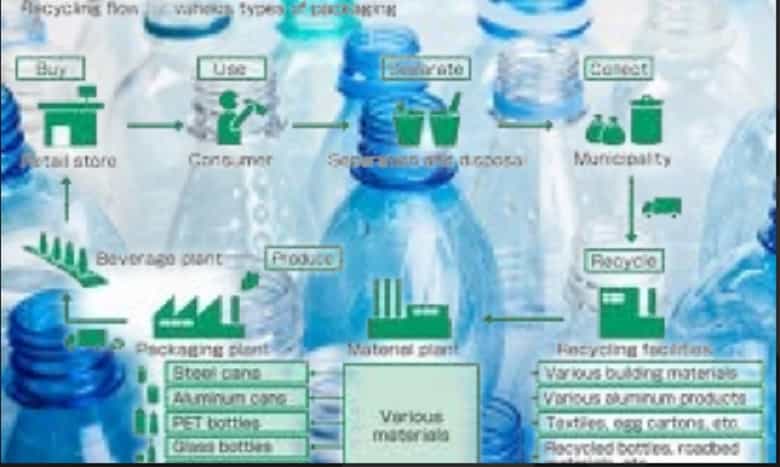
Crude Oil Prices Trend

-Automotive – impact on chemicals
The automotive industry has an important relationship with the chemicals sector while remaining an instrumental force on the global economy as an employment-intensive sector.
In a fast-changing world, automotive manufacturing is susceptible to unique challenges. While vehicle manufacturers are impacted by material prices, trends impacting the market ripple upstream. Petrochemicals Enzymes CircularEconomy
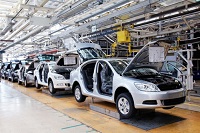
-What’s Holding Back A Full Recovery In Oil Demand
Odds of a V-shaped recovery in oil demand are shrinking.
Demand for jet fuel will continue to drag on global oil demand for at least another two years.
Permanent changes in lifestyle and possible reduced commuting in developed economies could structurally reduce demand for oil products.
Since oil demand started crashing amid lockdowns to contain the coronavirus, analysts have been trying to predict when demand will return to the pre-crisis levels, throwing in V, U, or L shaped forecasts. There is a growing consensus among major international forecasting agencies that a ‘return to normal’ oil demand will take longer than anticipated—probably until 2022. Many analysts believe that a V-shaped recovery for total global oil demand is not in the cards. Petrochemicals Enzymes CircularEconomy
While oil demand for road transportation is showing signs of recovery–especially in China, which exited lockdowns first–demand for jet fuel will continue to drag on global oil demand for at least another two years. Permanent changes in lifestyle and possible reduced commuting in developed economies (with work from home now the norm rather than the exception) could also weigh on oil demand. Then there’s the recession with high unemployment rates and reduced manufacturing activity, which could also stall the recovery in oil demand.
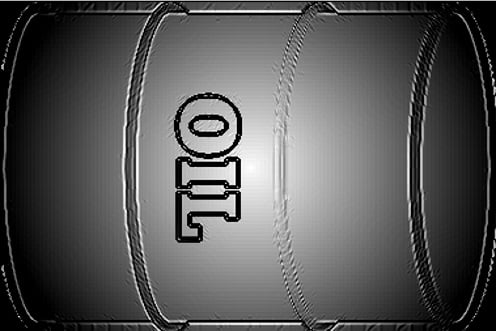
-China faceoff unlikely to impact Covid-19 fight
Over the last three months, the Centre has actively encouraged companies to start manufacturing products that they had never produced before, or scale up production manifold. If the products were not made in India, the science and technology department encouraged its institutes of eminence to innovate and develop the knowhow. Petrochemicals Enzymes CircularEconomy
The Galwan Valley faceoff with China is unlikely to affect India’s Covid-19 fight as all the essentials, from safety gears to testing products, are now being manufactured indigenously, reducing the dependence on Chinese imports to almost nil, medical experts have said.
From polyester swab sticks and viral transport medium to testing kits and personal protective equipment – India is now self-sufficient, they said.
Over the last three months, the Centre has actively encouraged companies to start manufacturing products that they had never produced before, or scale up production manifold. If the products were not made in India, the science and technology department encouraged its institutes of eminence to innovate and develop the knowhow.

-COVID-19 is hurting demand for PET, report says
Lockdowns and restrictions are dampening demand for PET in what should be a season of high demand, according to a new report from an analyst at ICIS.
COVID-19 has significantly changed the nature of consumer behaviour, increasing the strain on supply chains and wiping out traditional seasonal demand patterns – which means that the pandemic is playing havoc with polyethylene terephthalate (PET), the most commonly used plastic to package bottled water, soft drinks, and food products.
According to a new report from Susan Mair, petrochemical analyst at Houston-based market research firm ICIS, demand for PET has traditionally followed a cyclical, fairly predictable pattern. “PET resin demand typically exhibits seasonal patterns,” Mair said. “In Q2 as temperatures begin to rise and the European holiday season begins, the demand for PET resin increases. Petrochemicals Enzymes CircularEconomy
Bottled water and soft drink sales increase in line with warm, dry weather and convertors will stock up on resin ahead of the expected peak in sales. Demand is often weakest in Q1 when temperatures are at their lowest and the demand from the festive period wanes.”
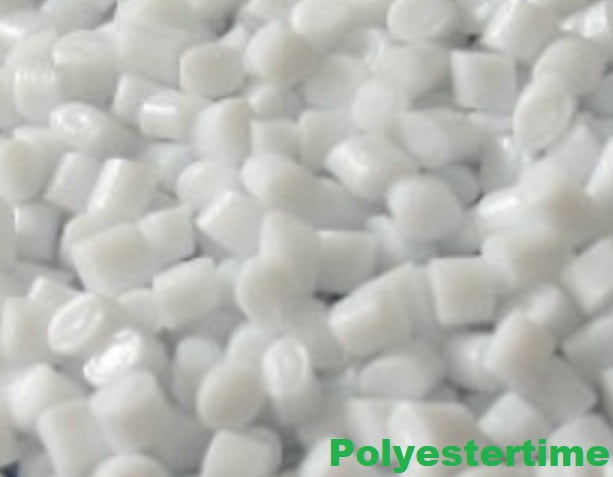
A team at Purdue University has developed a new way for manufacturers to mix polymers and nanocellulose in order to save material and production steps when using plant-based materials in auto part and food packaging molding.
Researchers at Purdue University, in West Lafayette, Indiana, have developed a new way for manufacturers to mix polymers and nanocellulose, which could reduce manufacturing costs for vehicles part and food packaging by minimizing the use of solvents.
Nanocellulose is a green nanomaterial derived from natural sources such as plant matter, and normally requires solvents or other dispersants to be added to the mixture to improve the material’s dispersion in polymers. The downsides? “These methods can be very expensive for manufacturers, who must add additional processes and machinery to comply with emission standards that may be impacted by the use of the solvents,” said Jeffrey Youngblood, a professor of materials engineering in Purdue’s College of Engineering. Petrochemicals Enzymes CircularEconomy
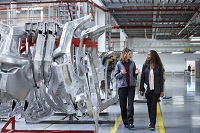
JP Morgan’s head of oil and gas research for EMEA: The reality is the chances of oil going toward $100 at this point are higher than three months ago.
The current situation is fundamentally no different, according to JP Morgan’s analyst, who expects the oil market to swing into a deficit sometime in 2022.
It may sound far-fetched at a time when many are worrying if Brent could rise back to $50 a barrel, but at least one analyst believes the benchmark could not only recoup all that it lost in value since the start of the year but shoot up over $100 a barrel in the observable future. Petrochemicals Enzymes CircularEconomy
“The reality is the chances of oil going toward $100 at this point are higher than three months ago,” JP Morgan’s head of oil and gas research for EMEA, Christyan Malek, said as quoted by CNN.
The reason is simple: the cyclical nature of the oil industry. In March, before the coronavirus pandemic really hit, JP Morgan’s analysts issued a note saying the oil industry was entering a supercycle that could see the price of oil hit $190 a barrel by 2025. According to Malek, this is still a distinct possibility.
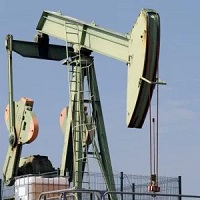
-Coronavirus: How Hong Kong’s dramatic drop in recycling sets a dangerous new norm
In 2013, the Hong Kong government set a target that, by 2022, each person would throw away no more than 0.8 kg of waste per day. But this plan hasn’t quite worked out. Petrochemicals Enzymes CircularEconomy
The situation is worse now than it’s ever been – in 2018, Hong Kong sent an average of 1.53kg per person to landfill each day, representing a 20 per cent increase in 2013.
Meanwhile, Hong Kong’s three remaining landfills are closer to reaching capacity every day, with many projections indicating they will be full by the end of the year.
So, where does the impact of Covid-19 fit into this bleak picture?
As data on municipal solid waste (MSW) disposal rates during the pandemic have yet to be collected, it is hard to establish if the amount of waste being sent to landfill has increased or decreased in the past few months.
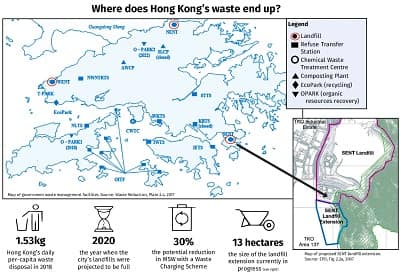
-C-P Flexible Packaging Announces Acquisition of Genpak Flexible
(MENAFN – Caribbean News Global) YORK, Pa.-(BUSINESS WIRE)-C-P Flexible Packaging—a leading manufacturer of flexible packaging including rollstock, premade pouches, resealable packaging and shrink sleeves—announced today the acquisition of Genpak Flexible from The Jim Pattison Group.
Genpak Flexible is a leading North American supplier of compostable packaging and offers a wide range of unique, patented flexible packaging solutions. C-P Flexible Packaging is a longstanding portfolio company of First Atlantic Capital, a New York based private equity firm.
![]()
-Coming soon: A virus-proof car?
Devices being developed to sterilize the interior.
Virus-proofing systems could become the new popular accessory in vehicles. Contemplating the post-pandemic market, automakers are investigating ways to win customers by disinfecting their cars and trucks.
Ideas under consideration include devices that could blast car interiors with ultraviolet light, using foggers to spray disinfectants, upgraded air filtration systems and antimicrobial materials. Petrochemicals Enzymes CircularEconomy
A third of vehicle shoppers recently told Cox Automotive they are more likely to consider air quality features for their next vehicle than before COVID-19.
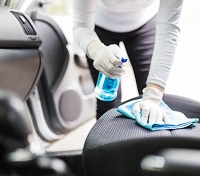
Petrochemicals Enzymes CircularEconomy
